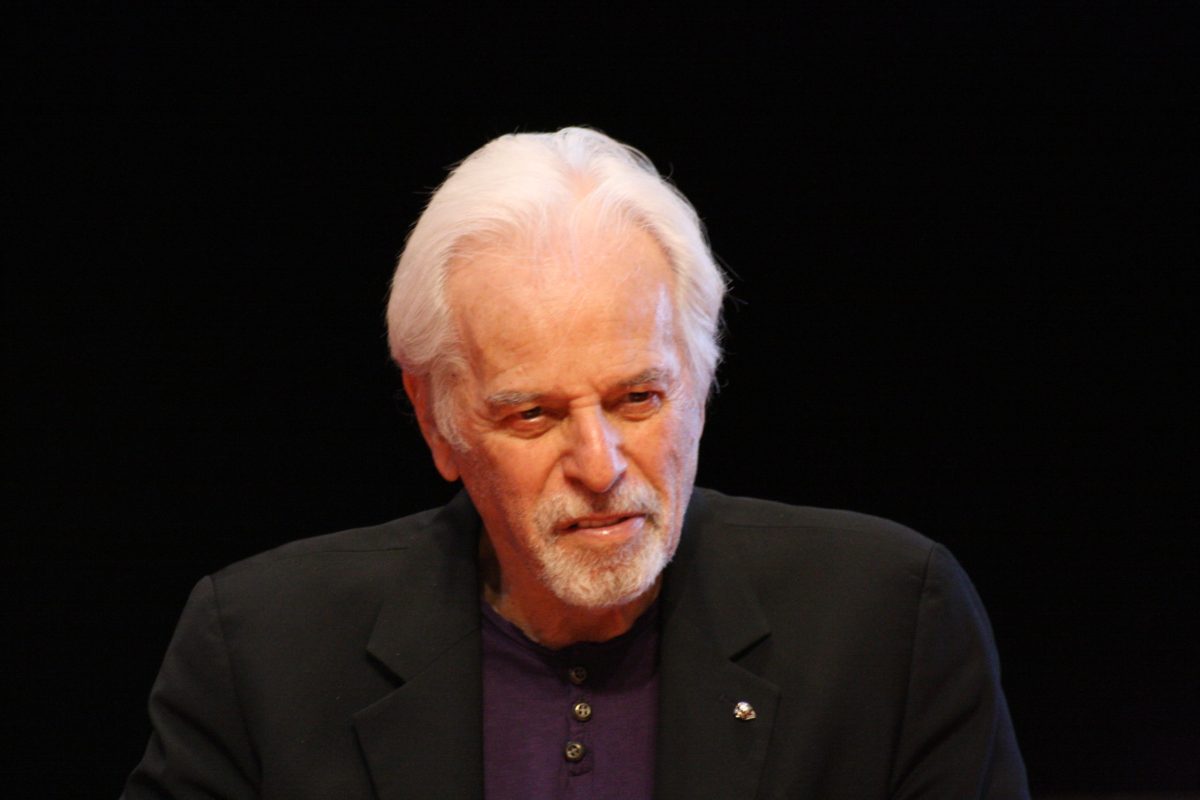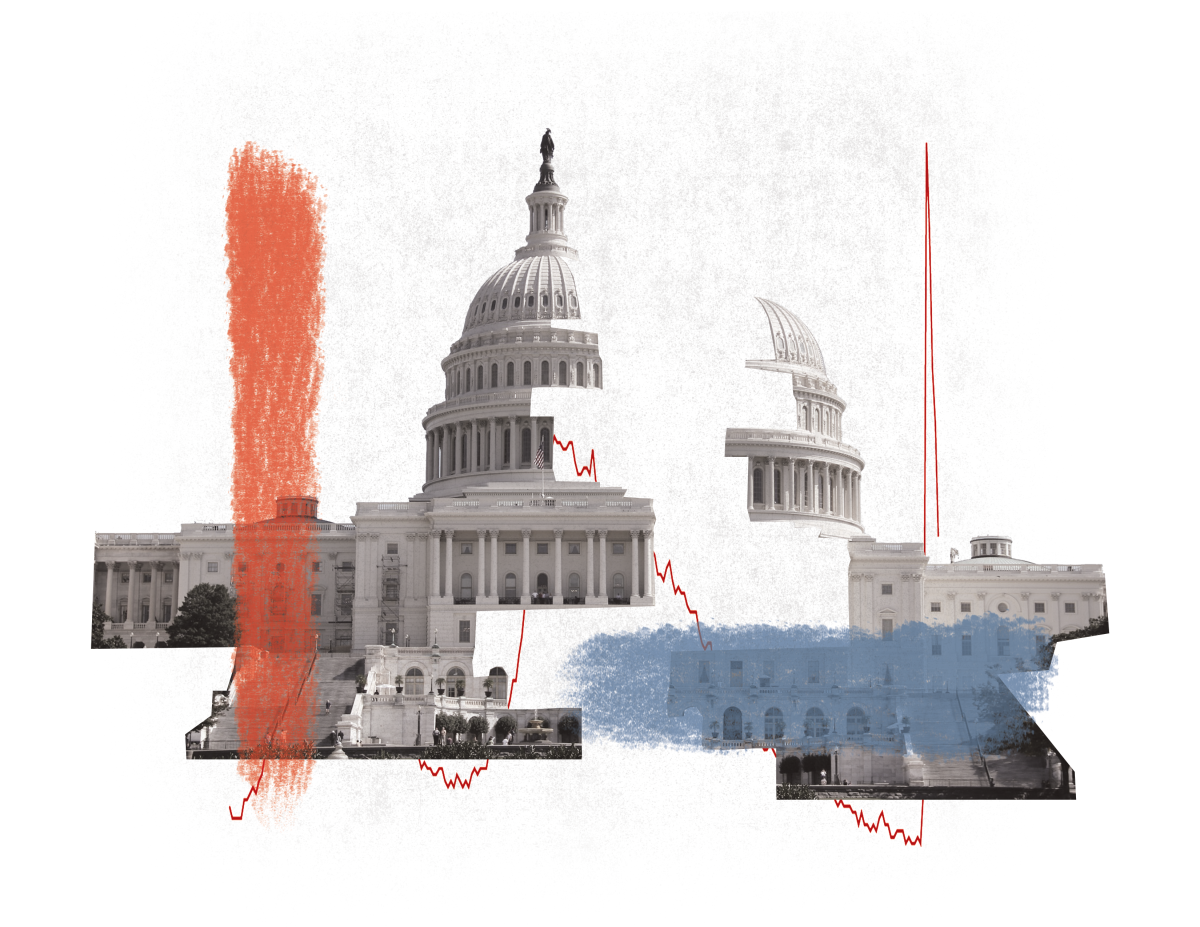By Ianiz Patchedjiev
The results of last week’s Super Tuesday primaries have given Donald Trump and Hillary Clinton the victories they need to solidify their positions as the frontrunners of their respective parties. However, the primary season is far from over as there are still a plethora of primaries to be held and a handful of determined opponents eager to take the spotlight.
Following Super Tuesday, CNN broadcasted a report with two words: GOP Meltdown. The “Grand Old Party” certainly is at odds with itself over Trump’s impending nomination, with many Republican leaders refusing to back the billionaire due to his liberal history, racist remarks, and dirty campaign tactics. Chris Christie, one of the few who have endorsed Trump, has faced a tsunami of criticism from not only his state but also GOP leaders; for instance, many poked fun at his abysmal glare during one of Trump’s speeches. However, despite their apparent unity against Trump, the GOP is unable to decide on who to consolidate behind in order to stop him. Cruz and Rubio seem to be the only options at this point, thanks in part to Carson’s drop out after his “no path forward in politics” statement and Kasich’s expected dropout in the coming weeks. 2012 nominee Mitt Romney gave a speech last Thursday that exemplified the GOP’s dilemma; he was quick in bashing Trump as ‘a conman’ but unable to endorse any of the other candidates. Trump, unfazed by the attacks from his own party, recently released his healthcare plan, which focuses on repealing Obamacare and removing regulations that prevent free competition and price wars.
Meanwhile, Hillary Clinton now has a lead of over five hundred delegates over Bernie Sanders, her only competition. The former Secretary of State dominated in the South during Super Tuesday, handily winning Alabama, Tennessee, Texas, and Virginia due to her support among minorities and religious Democrats. The night was not a complete loss for Sanders; the Vermont Senator won Colorado, Minnesota, Oklahoma, and Vermont and made a strong showing in several other states. In his victory speech, he claimed that he was not going anywhere thanks to the massive influx of donations and close ties in a variety of states (Democrat primaries have a proportional system for assigning delegates, meaning that Sanders can still gain a large number of delegates even if he loses in a state). Sanders does make a strong point; he raised forty two million dollars in February alone and has a chance of convincing voters to support him in the following Democrat debates. Yet, Clinton’s campaign manager claims that Sanders winning is “mathematically impossible.” Whether or not Sanders will eventually overtake Clinton is yet to be seen.




























